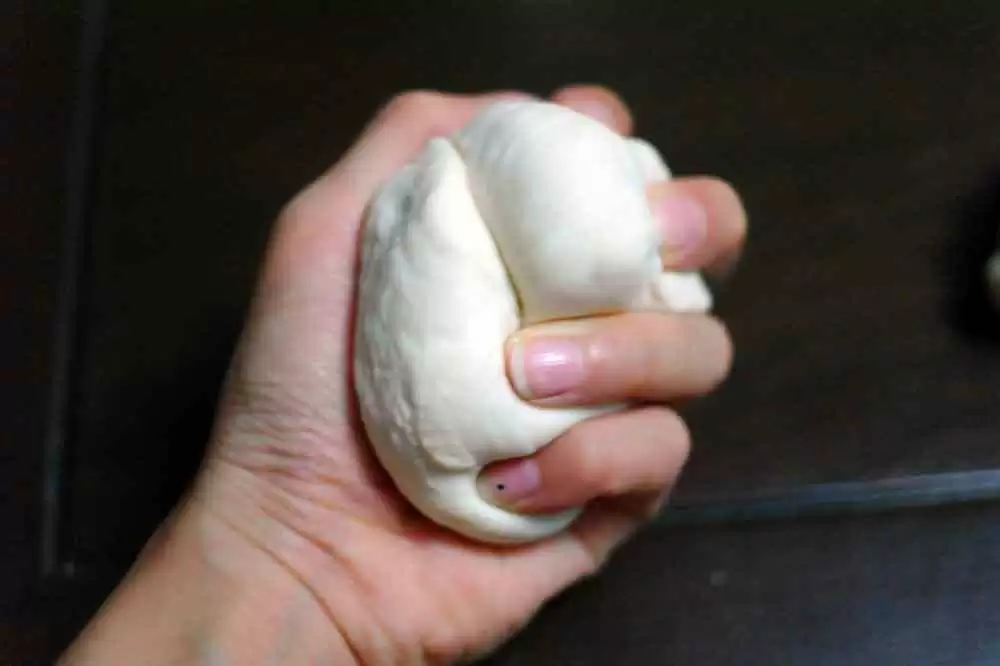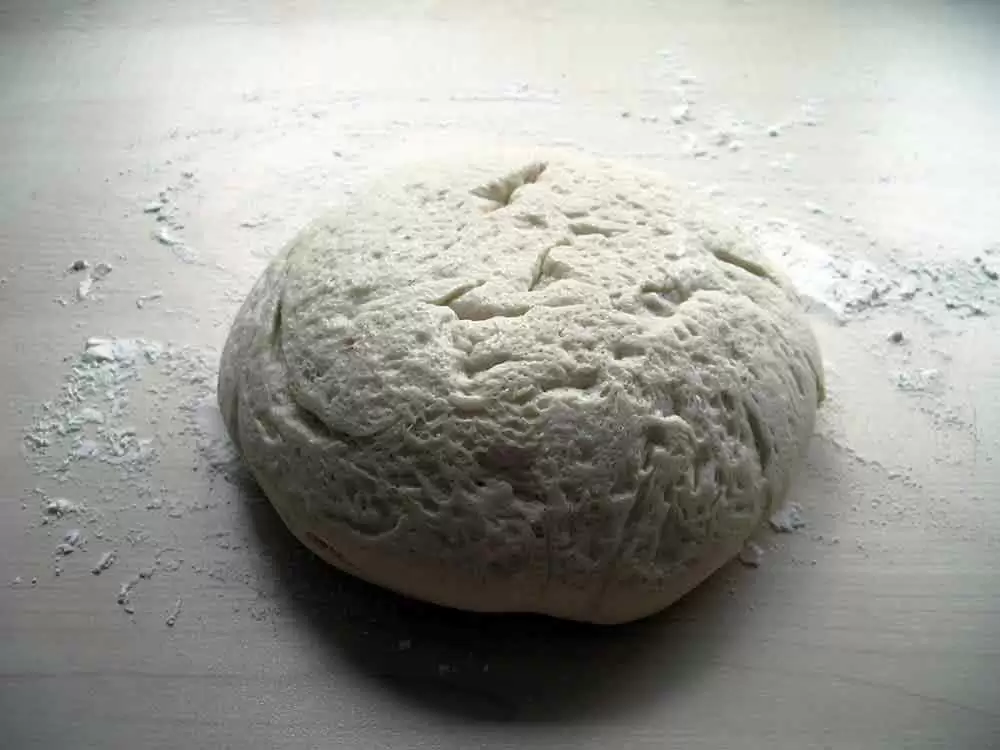
Celiac.com 06/14/2019 (originally published 07/12/2010) - Xanthan gum derives its name from the strain of bacteria used during the fermentation process. This bacteria is known as Xanthomonas campestris and is the same bacteria responsible for causing black rot to form on broccoli and cauliflower. These bacteria form a slimy substance which acts as a natural stabilizer or thickener. When Xanthomonas campestris is combined with corn sugar, the result is a colorless slime called xanthan gum.
Xanthan gum is a polysaccharide used as a food additive and rheology modifier. It is produced by fermentation of glucose or sucrose by the Xanthomonas. (Wikipedia) Xanthan Gum is considered a polysaccharide in scientific circles, because it is a long chain of three different forms of sugar. What’s important to know is that all three of these natural sugars are present in corn sugar, a derivative of corn syrup. It does not contain gluten.
Celiac.com Sponsor (A12):
Xanthan gum is also used as a substitute for wheat gluten in gluten-free breads, pastas and other flour-based food products. Those who suffer from gluten allergies should look for xanthan gum as an ingredient on the label.
It is used by people who are allergic to gluten to add volume and viscosity to bread and other gluten-free baked goods. It is a natural carbohydrate. Xanthan gum helps replace the gluten in a recipe and aid in binding and thickening recipes. It is an essential ingredient in gluten free baking.
Many people with Celiac disease and gluten intolerance have reported an allergic reaction to xanthan gum. Symptoms include bloating, gas, stomach cramps, diarrhea, skin rashes and itching.
If you have an issue with soy or corn, it is likely you will have a problem with xanthum gum as well. Safe alternatives would be karaya gum, agar and carrageenan.








Recommended Comments
Create an account or sign in to comment
You need to be a member in order to leave a comment
Create an account
Sign up for a new account in our community. It's easy!
Register a new accountSign in
Already have an account? Sign in here.
Sign In Now